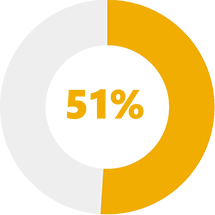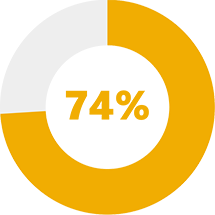WHEN IN DOUBT CALL THE POISON CONTROL HELPLINE: 800-222-1222
HOW TO GET RID OF UNUSED MEDICATIONS
Dispose of medications promptly after you stop taking them or when they become expired.
Disposing of unused medication in a responsible way can reduce the risk of unintentional poisoning and misuse.
The Kansas Medication Collection and Disposal Program offers Kansans a convenient, safe and environmentally responsible option for disposing of expired, unused and unwanted prescription drugs. Contact your local pharmacy for additional disposal options, particularly for controlled substances such as opioids.
STORE MEDICATIONS SAFELY
Secure your prescription drugs to prevent anyone else from unintentionally accessing them.
LOCKS ARE BEST
Avoid using a nightstand, kitchen counter or bathroom to store medications. Instead, install a lock on a kitchen cabinet, use a safe, or purchase a lockbox to store your medications.
CHILD-PROOFING IS NOT ENOUGH
Young children are not the only ones at risk of finding and using potentially harmful prescription drugs. Anyone who uses a medication not prescribed to them is in danger of harmful drug effects or potentially developing an addiction to the medication.
LIMIT ACCESS TO MEDICATIONS

Source: SAMHSA
Nationally, 51.3% of people ages 12 and older who misuse prescription drugs report obtaining the drugs from someone they know.
Of Kansas teens who report misusing prescription drugs, 74% say they obtain those drugs from friends or family.
NEVER SHARE PRESCRIPTION DRUGS
The most common way people access prescription drugs from family and friends is through sharing. It is against the law to share your controlled substance medication with anyone.
- Never share prescription drugs with friends or family members, even if they ask to try your medication.
- Never take a prescription drug from someone who offers it since you don’t know how it will affect you.
- Keep prescription drugs at home, preferably locked in a cabinet.
- Avoid carrying prescription drugs with you unless it’s necessary to maintain a medication schedule.
TRAVEL TIPS FOR SAFE MEDICATION USE
- Before you travel, ask your healthcare providers to adjust your medication schedule to account for changes in time, routine and diet.
- Store healthcare provider contact information in your cellphone to easily contact them while traveling.
- Write down all medications you are taking and carry the list with you.
- When flying, keep medications in your carry-on bags; don’t pack them in your checked luggage.
- Take enough medication with you to last the length of your trip and account for any travel delays.
- When traveling, keep medication out of heat and direct sunlight.
Sources: NIH and FDA
